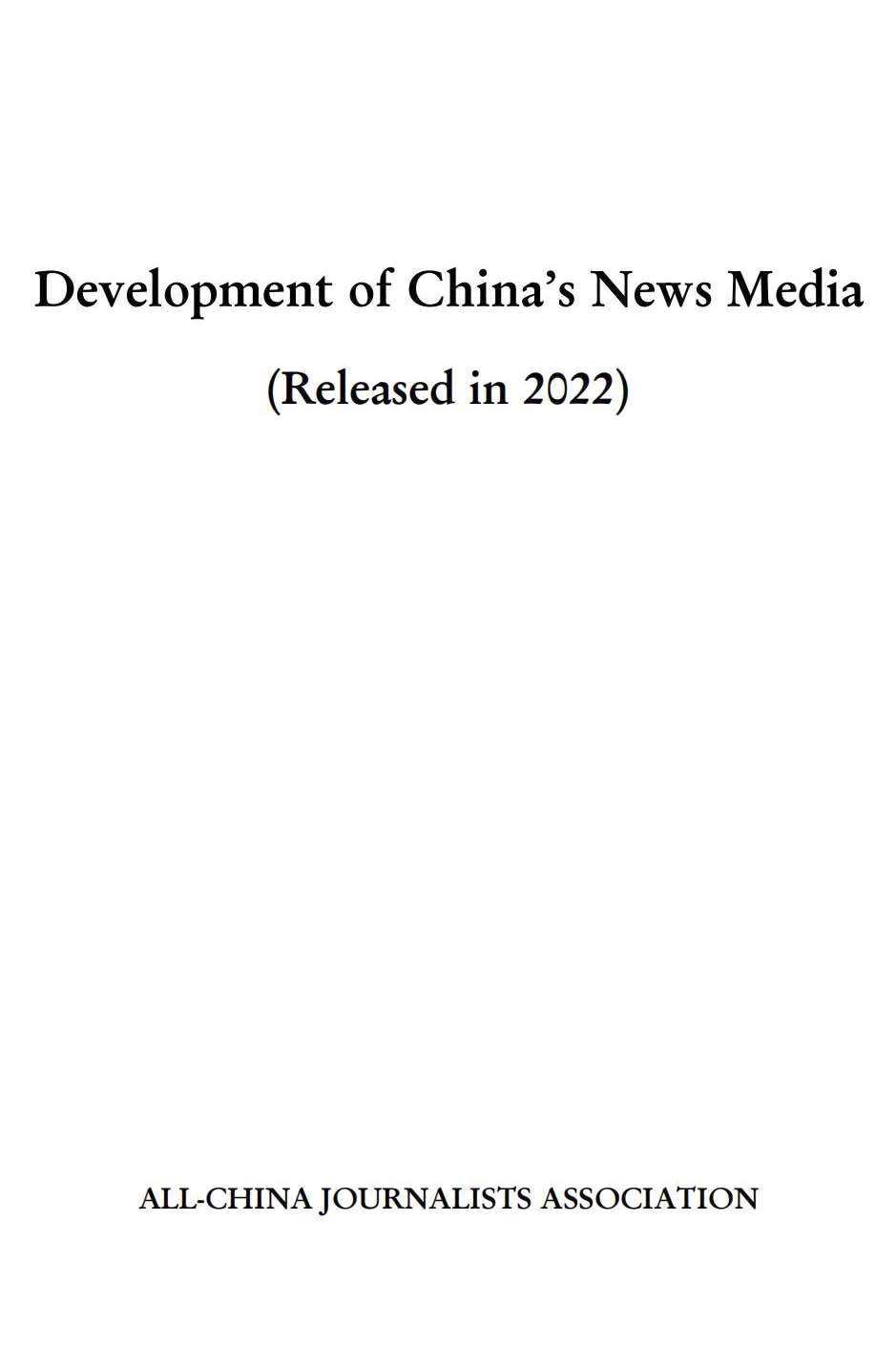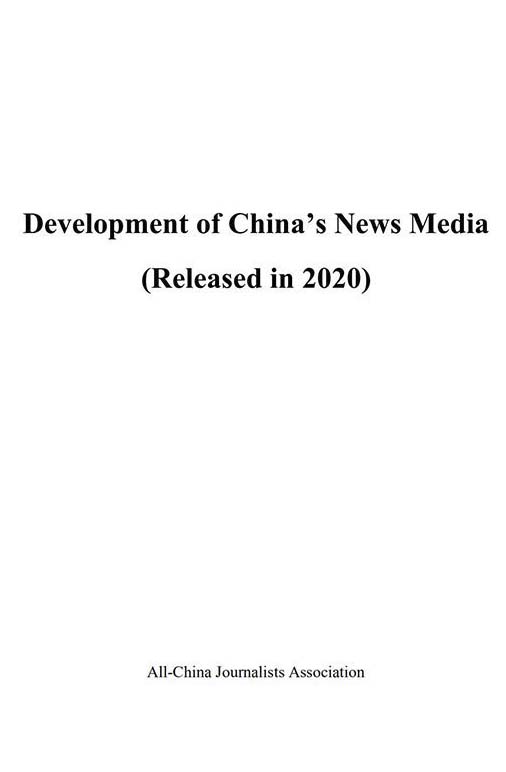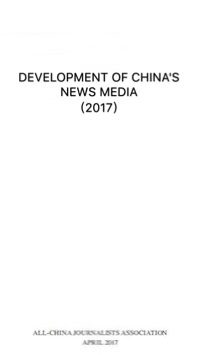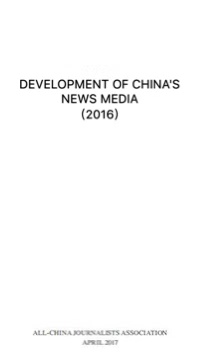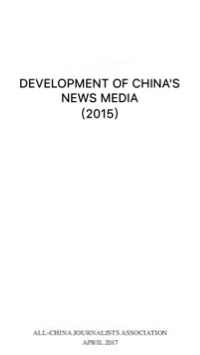As parts of the world begin the long process of opening up after lockdown, the media blame game is already well under way.
The outbreak has demonstrated the resilience of the Chinese system and the efforts of the Chinese people in combating the pandemic. It is these developments that have influenced the course of the media coverage, shifting from contempt to ignoring China's progress, before reaching the current political blame game.
This development has most recently been expressed by calls for an inquiry into the outbreak by several Western nations, most notably the United States and Australia, alongside the proliferation of the conspiracy theory that COVID-19 originated from a lab in Wuhan.
This is motivated by a desire by Western politicians to deflect attention away from the incompetent handling of the outbreak in their own countries.
Over the past few weeks, the lab theory has been promoted by US politicians alongside media outlets, aimed at blaming China for the outbreak.
This has been made clear by Republican strategist Brett O'Donnell's memo, which advised senior Republicans to focus on attacking China rather than defending the Trump administration's handling of the outbreak.
These developments have also seen the dossier that came from the "Five Eyes" network being held up as evidence of China's culpability for the outbreak. The network is made up of the US, Canada, the United Kingdom, Australia and New Zealand intelligence agencies.
Rather than presenting any conclusive intelligence, the document has been found to be a summary of news headlines pushing the lab theory.
It has already failed to convince even the staunchest US allies. The most telling sign of this has been the reaction of Australian intelligence agencies, which have questioned the claims made by the report, citing a lack of evidence to support them.
This isn't the first time that the Trump administration has made such a request of its allies, as demonstrated by the prior case of Huawei, which was recently raised by the remarks made by former Australian prime minister Malcolm Turnbull, that Australia's ban on the firm was based upon a hypothetical situation and that there was no conclusive evidence to support this case.
The precedent of Huawei suggests these efforts will also fail in that accusations based upon flimsy evidence are flimsy themselves, based on the strength of the evidence, or rather the lack of it. Nevertheless, flimsy accusations can do a lot of damage.
The damage that the lab theory can potentially wreak was demonstrated by the lead-up to the invasion of Iraq in 2003, a parallel that has been drawn by observers such as Nassim Nicholas Taleb, who warned of the dangers of believing this.
Possibly the most direct parallel between the two events has been the dossier promoted by hawks to build the case for the invasion of Iraq. The dossier claimed that Iraq possessed weapons of mass destruction, which was seized upon to push for war.
While Iraq's WMDs failed to materialize, what did materialize was the further destabilization of the Middle East and a terrible human cost. Now the Trump administration and its allies are pushing another dossier to push for further tensions with China.
Nevertheless, there is a case for optimism in how few states have been supportive of these moves, even from those that had once been all too willing to heed Washington's calls. It is this refusal to join in this blame game that shows the UK is taking the correct path.
While it is inevitable that an inquiry into COVID-19 will take place, it should be one based on wider cooperation between states rather than seeking to attribute blame for it. In addition, it is therefore better that this probe is led by scientific professionals rather than politicians to expose the myths and conspiracy theories behind the virus.
By doing so, we can avoid the adverse consequences of the wider blame game and further foster a community based on international cooperation.
This would appear to be the outcome, with the adoption of a draft resolution at the 73rd session of the World Health Assembly, the decision-making body of the World Health Organization, on the origins of the virus, which appears to reject the blame game that Western nations had hoped for. It is this resolution that illustrates the future of the global struggle against the outbreak.
The author Tom Harper is an assistant professor at Neijiang Normal University in Sichuan province. The views do not necessarily reflect those of China Daily.
